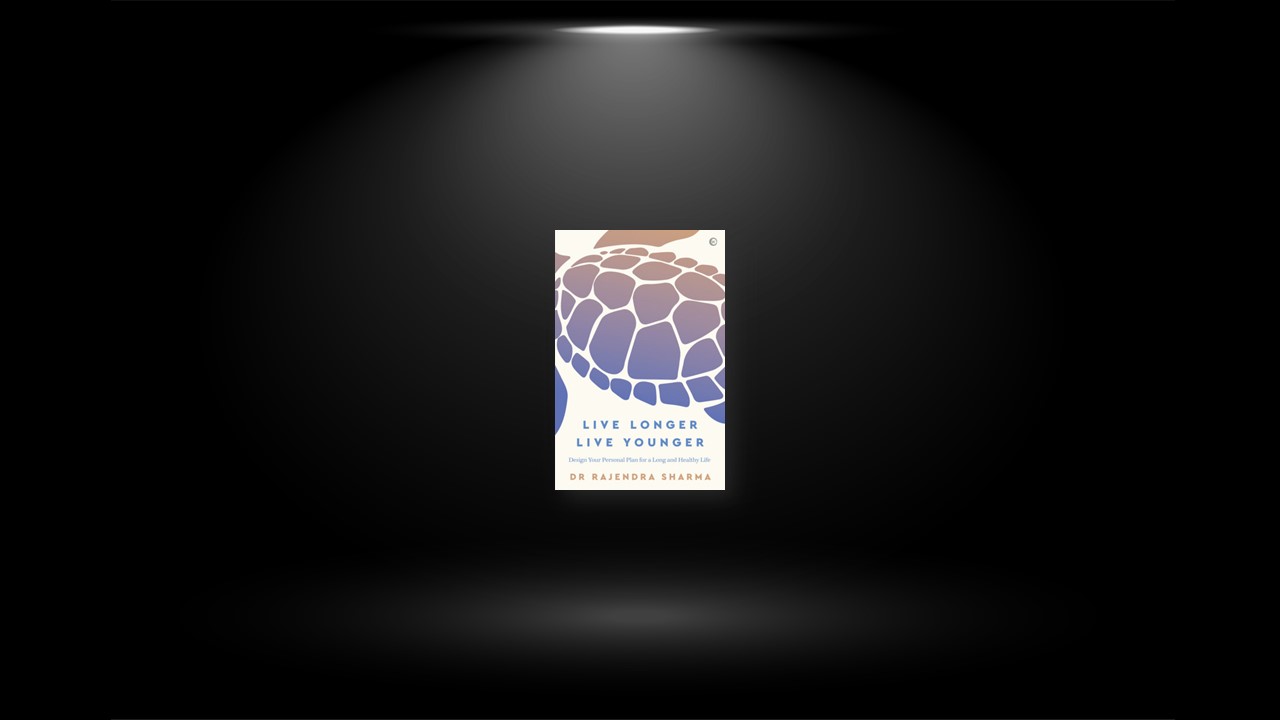Your Time In Bed
A quarter to a third of your life may be spent in bed, so it is well worth getting that environment right. Sleep in a room that is as dark and quiet as is feasible. Light and noise pollution stop you from dropping into the necessary deeper levels of sleep, thus preventing biochemical and hormonal changes that are vital to regeneration and detoxification through the night.
Do not go to bed for any reason other than to sleep or to have sex. Avoid reading, listening to the radio or watching TV in bed as your brain will start to associate bedtime with activity, and normal sleep patterns will be disrupted. Sex is allowed as it is effectively a form of exercise that is beneficial to the sleep process.
Many of us sleep with a partner. Snoring (and other noises!), excessive movements, different times of going to sleep and waking up are all disruptive. If your partner markedly disturbs your sleep, consider separate beds or even bedrooms. The comfort of sleeping with a loved one is valuable, of course, but do not underestimate the benefit of moving into the spare room or even onto the sitting room couch, if comfortable, once or twice a week to allow undisturbed sleep.
Other tips for sleeping include: set an alarm if necessary but try to stick to a schedule. Avoid stimulants such as caffeine and don’t overeat; alcohol and nicotine may have an initial calming effect but within a few hours the body’s elimination leads to a stimulating or lowered blood sugar effect which is stimulating. Gentle exercise or relaxation techniques can be employed prior to going to bed.1
Ying & Yang of Food
Eastern philosophies consider that conditions of ill-health are created by excess of or deficiency in yin or yang leading to ill health. Put simply, yin is the fluid of the body, which acts as our fuel reserve and lubricant within the system, whereas yang is the heat or fire. Yin is the fuel and yang is the spark that ignites it.
Depending upon your specific symptoms, you might wish to increase or decrease the type of energetic food you eat. Instinct is usually a good guide to individual requirements at any given time in relation to the balance of yin and yang. Often the body (when healthy) will automatically balance and absorb what it needs.
Yin foods tend to be sweet and cool. They create dampness (which is why they include foods such as mucus-producing milk products) and contain a variety of nutrients. Examples of yin foods are: • most fruits (especially apple, pineapple, citrus fruits, pears and watermelon); • eggs, oysters, rabbit, duck and pork; • tofu, yam, tomatoes, asparagus, kidney beans and peas; • milk, yoghurt and cheese; • honey (a particularly good source of yin).
Yang foods are principally warming. They are foods that benefit from being cooked and have strong flavours. Yang foods include: • most herbs and spices (especially ginger, garlic, clove and nutmeg); • lamb, lobster and shrimp; • nuts (especially chestnut and walnut); • offal (such as kidney).
The following foods are considered to be lacking in qi, and as many of them have contraindications for health from a Western medicine point of view, they are best avoided: • Fried foods; • Foods containing refined sugars, such as chocolates and sweets; • Jams, marmalades and preserves with added white sugar; foods made from refined flour, including white bread; • Non-organic meat and all pig products as pigs are mostly fed on our leftovers; • Caffeine-containing drinks (coffee, strong tea, chocolate and many carbonated drinks).
Try to be happy around food. Biochemical reactions abound when you eat and prepare to eat – saliva and stomach-acid production increases, digestive enzymes are churned out, and the gut starts to contract. Stress hormones decrease all these activities, inhibiting digestion and absorption, so set aside time in the day to eat without any disturbances.
If allowed to eat according to instinct, without time constraints or issues of food availability, the human body will set its own pattern. Whenever possible, select your food according to its smell and appearance; note that your choices will be affected by how you feel at that particular time.
Ensure that your kitchen and eating area are hygienic and comfortable and that they have a happy atmosphere. Very often the family gathers only around food, so make sure that this happens in bright and airy surroundings. Eating is not just about obtaining calories. It is about ingesting energy and undertaking social interaction. ‘Table culture’ is something that many parts of the world excel at, but which others substantially lack. The fast-food and TV-dinner concept is removing the important time for ‘herd communication’. Children improve their language, social and communication skills around a table, and bonding also occurs at mealtimes. It is worth remembering that the human body derives pleasure from both input and output. Spend time with your food. Make time for contemplation or worship while you prepare and eat food – you are what you eat, and how you relate to what goes into you is a major part of that.
Exercise
How do you go about exercising at an optimum level, practically? If you research online, you might come across the 117,000 articles on this topic – and that’s just scholarly articles! While there is a general consensus that exercise is beneficial, the quantity and intensity required is clearly in dispute. Different studies from different authorities have certainly muddied the waters, but the author can simplify matters for you here.
First, it is necessary to have different types of exercise to optimize health and longevity. There are four main areas to focus on: 1. Aerobic exercise – improves the efficiency of the body’s cardiovascular system in absorbing and transporting oxygen. 2. Resistance exercise – strengthens the muscles and increases muscle mass. 3. Balance – reduces risks of falls and reduces anxiety about rapid movement. 4. Flexibility – encourages joint health and blood flow.
All of these areas are covered by Eastern philosophies such as yoga, tai chi and martial arts. Everyone should try to have a go by seeing if there are classes available locally or by purchasing a self-help exercise DVD. If you do some research, you will find that there are hundreds of different avenues to explore and you are bound to find something that you enjoy. Even simple activities such as gardening can give you quite a workout.
Anyone without health issues, particularly heart or artery disease, is going to gain some benefit from exercise. A vitally important exception is when a long period of inactivity is followed by a sudden extended burst of moderate or strenuous exercise. This presents a risk of sudden death, and you need to consider this when commencing an exercise programme.
The author agrees with the research suggesting that men aged over 40 should aim at 30 minutes a day, six days a week, for the best benefit; below that age, add on 15–30 minutes a day to the regimen. There seems to be less research about optimum frequency for women, and also more variation in the advice given, but the 30-minute mark remains standard, although the frequency can be reduced to four days a week at the very least. Daily is best.
Detoxification
Unfortunately, everything is potentially toxic if it is in our system for too long or at too high a level, if we are too frequently exposed to it or if the toxin’s potency is so high that even a small amount bothers us. These factors are not only dependent upon the intake of the poison but also on the efficiency and speed of our ability to remove it.
Our body also has to recognize that there is a toxin present. There are obvious symptoms of toxicity such as: • nausea and vomiting; • sweating; • diarrhoea; • increased urination; • skin rashes (irritation of a toxin excreted through the skin).
Toxins effectively accumulate in the system either from within or without. Those that we are exposed to in our environment are found in the air we breathe and the food and water we ingest. Direct contact is another source. Toxins that form internally accumulate due to poor excretion of normal cellular metabolism, absorption of toxins from the gut (including microorganisms) and the outcome of our attempts to detoxify, which lead to the accumulation of free radicals.
Nutrition: Frankly, we need most of the major minerals, vitamins and essential fatty acids and a variety of amino acids to detoxify effectively. Magnesium and B vitamins are important in glucuronidation and folic acid in methylation. Fresh fruits and vegetables contain plenty of glutathione for glutathione conjugation, which is why so many detoxification diets recommend these foods in abundance. Garlic and onions, most legumes and wholegrains are rich in sulphur as are the brassica (broccoli, spinach, kale) family; the sulphur found in asparagus causes the strong smell in urine. High water intake as well as providing the necessary hydration for all the body’s chemical reactions to take place.
Exercise: Exercise heats the body and sweating cools it down. Sweat is one of the main ways in which the body detoxifies, making exercise an important part of the detoxification process. Exercise increases circulation throughout the body, and muscles pump the lymphatic system to drain toxins back to the liver. Exercise increases oxygen intake, which encourages oxidation processes, and has direct effects on certain genes, increasing the stimulation of detoxification.
Lifestyle: Reducing your exposure to toxins is as much about common sense as consulting facts. Think about what toxins may be present in your environment (including hidden dangers) and take the least toxic options whenever possible. For example, if there is a computer in the room, try to keep a window open or the room well ventilated. Consider getting an ionizer or an ozone generator – both remove electrically charged particles from the air. Volatile organic compounds (VOCs) are chemical compounds present in many new soft furnishings. If you are having new carpets or new furniture in your house, install them in the spring or summer, when you can open windows and doors to let the worst of the VOCs escape from the air inside the house. Ensure that you open your bowel once, if not twice, daily. Get the toxins that are recycled by the liver or rejected by the absorptive processes out of the body as often as it asks you to!


